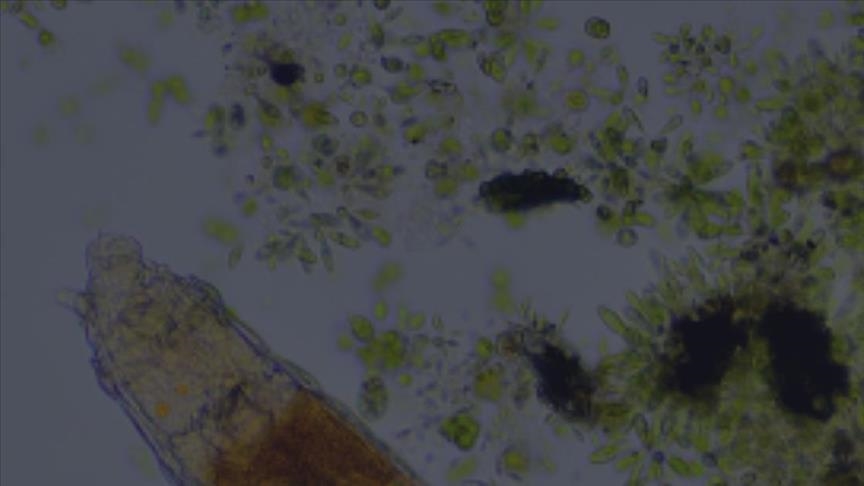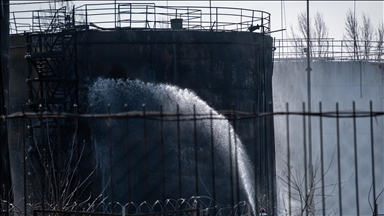Russian scientists discover 24,000-year-old organisms in frozen soil
Researchers in Siberia discover microscopic worm-like creatures that can still reproduce

ANKARA
Scientists in Russia said Monday that they have discovered microscopic worm-like creatures that have survived for at least 24,000 years in a frozen layer of soil in Siberia.
Researchers at the Pushchino Scientific Center for Biological Research discovered the bdelloid rotifers, which are solely female, in a sample of permafrost gathered from the region.
After studying the multicellular invertebrates, they found that they were still able to reproduce and had complete digestive tracts.
Bdelloid rotifers are resistant to radiation and are able to withstand inhospitable environments.
Stas Malavin from the research team said the study is strong proof that multicellular animals can live for tens of thousands of years in a state of cryptobiosis, in which they nearly halt their metabolism in places where it is difficult to sustain vital activities, such as extreme hot or cold and toxic environments.
Previously, scientists had discovered some species of simple worms and plants in frozen soil samples and reported that they could remain alive in a frozen state.
*Writing by Dilan Pamuk in Ankara
Anadolu Agency website contains only a portion of the news stories offered to subscribers in the AA News Broadcasting System (HAS), and in summarized form. Please contact us for subscription options.







